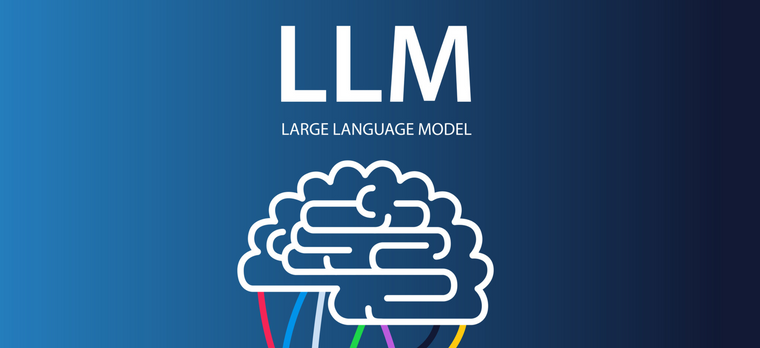AI-powered transformation for data users and buyers
This three-part article explores how AI will transform the market research and insights industry from the perspectives of its various stakeholders.

‘’In any industry today, AI is at the top of the agenda and the most talked-about subject among insight professionals. The question is not if but how AI will transform the profession,’’ starts Robert Heeg's article 'AI, the Biggest Transformation yet?' from ESOMAR’s Global Market Research 2023 report. In the article, after the launch of an AI Taskforce by ESOMAR, some of their members and other experienced insights professionals were asked about how AI would affect their industry. Here, we provide an edited extract. Nevertheless, you can find the whole article in Chapter 3 of the Global Market Research 2023 report.
Artificial Intelligence has been around for a long time. AI could even drive internalisation via self-service, says Naoki Takahashi, who heads the insights function at Nissan Motor Company. “It is anticipated AI would do a good job replacing marketing research processes, from designing through reporting, especially for research projects on uncomplicated topics and repetitive work, such as tracking surveys.”
AI = Self-serve?
Businesses keep adapting to more agile ways of working, and demand for faster, cheaper solutions to problems continues to grow. Kevin Cowan, insight manager at BBC World Service, thinks AI will help the self-serve market research sector expand further. Before deciding if a self-serve approach is the right way to go, he advises: “For many companies, an AI-powered self-serve approach may be the best fit. But if the project needs expertise you don’t have in-house, then I would advise using an external insights supplier.”
At Microsoft, Barry Jennings covers the Microsoft Azure cloud computing platform, which includes AI tools and services. Jennings is sure AI will make inroads in his profession. “AI will probably expand the democratisation of research and will be useful across a few elements, such as desk research or the early synthesis of work..”
Freedom to research
A key benefit of AI-enabled self-serve research for Cowan is the ability to automate tasks that previously took him hours, days, weeks or even months. “This allows users to focus less on tasks and processes and gives users the freedom to experiment. If you have access to different tools and can see data in real-time or get results quickly, you have the ability to iterate and improve processes and ways of working.” According to Cowan, reducing costs is another big positive of AI, especially in current economic conditions. “One of the big benefits here is that it makes research more accessible to smaller companies, and it allows bigger companies to do more with their budget.”
Nevertheless, he stresses: “External insights suppliers have years of experience with different tools and approaches. If the end user is not familiar with the approach or tool, there is a danger they will misuse or misinterpret results. However, for smaller AI-powered tasks, self-serve tools are helpful and can be used by anyone.”
Goldmine
Many companies are already working with AI to get business insights. At Microsoft, Jennings describes his process for tracking qualitative data for specific questions. “This is pretty powerful, especially when there’s secondary or tertiary data use for the data that we already have as a subset of the primary data we collected. The AI can find interesting elements there and give me a point of view on those secondary and tertiary questions. If I can interrogate that data and answer a question, I’ve saved time and money, and I’ve probably reframed the next set of questions to answer the things that we don’t know. That, for us, is a goldmine.”
At BBC World Service, Cowan mentioned they have been working with AI in different forms for several years. “An example of a small standalone project was trying to automate the tagging of national and international news stories for our language services. We were able to build a tool that detected a location based on the city, country, landmark, etc., mentioned in an article. This way, we could automatically classify content. Hence, the application of AI to marketing research and its risks and opportunities will be wider and diversified far more than today.”
Curious to know what else the industry experts have shared about AI? Download our Global Market Research 2023 report now!


